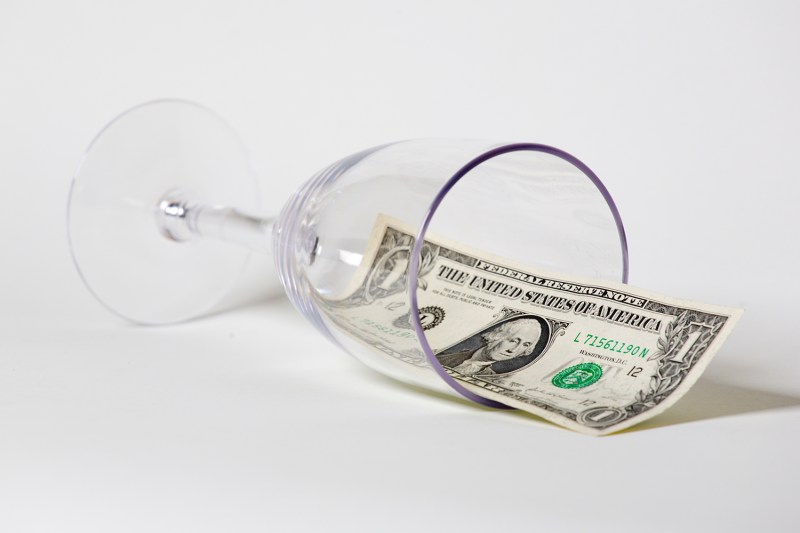
It’s been a particularly jittery couple of months for the American wine realm. Anxious remarks have been made by all, through social media avenues, on podcasts, and among themselves, all in the still-looming shadow of significant tariffs.
To be clear, this isn’t the healthy kind of anxiety that envelopes producers before, say, their wines are scored by a big publication. This is the kind of unfair and unjust treatment that’s put an entire industry in jeopardy. As countless voices within wine (and this very much extends into the larger galaxy of food and drinks) arena have already suggested, so much is on the potential chopping block. As in tens of thousands of American jobs and ocean-spanning relationships between wineries and distributors — relationships that can take years to forge.
The fact that these disputes are simply dragging on is one of the most awful aspects. We’ve been talking about tariffs for months. As of December 2019, the U.S. government upped the ante to a possible — and completely devastating — 100% tariff on European Union goods. That means a lot of your favorite wines and goodies would be priced so high that consumers would laugh at the cost. More likely, the goods would simply be turned away at the port and not shipped in the first place.
It will be terribly tragic if the very thing put in place to regulate and prop back up the alcohol industry post-Prohibition is the mechanism to take it a colossal step backward due to a shortsighted government that likes to pick fights abroad.
How is the industry pushing back? Peacefully and diplomatically, at the moment. Scores of retailers, distributors, and importers have joined hands and filed petitions. There have been big opposition statements from the iconic likes of Pax Mahle and Rajat Parr. Equally influential publications, such as Wine Enthusiast, have issued brief but powerful notes on the severity of the situation (and their obvious stance).
What’s so often overlooked is the complexity of the case at hand. Domestic producers from the Willamette Valley to New York depend on a vibrant network of distributors. These gatekeepers sell a curated array of wines. If they lose access to European wines, a big part of many of their portfolios, they could fold. In turn, American wineries would lose out, as they now lack the necessary teams to sell their work in other states (or countries).
Even in states where wineries can sell directly to consumers or retailers, the label is often too small and overstretched to consider such a thing. It will be terribly tragic if the very thing put in place to regulate and prop back up the alcohol industry (three-tier system) post-Prohibition is the mechanism to take it a colossal step backward due to a shortsighted government that likes to pick fights abroad.
Fortunately, the wine community has been especially vocal about its demands, lobbying relentlessly. There are great tools that have been developed over the years, like the Congressional Wine Caucus, now entering its third decade of existence. Winemakers all over the nation are writing and calling their reps and hoping that their club members and biggest backers will do the same.
Angry posts only go so far. Industry members are fighting with the greatest weapon in their arsenal at the moment: Awareness. The pushback is coming in the form of informed arguments that stretch the following points, ones that extend across any kind of partisan aisle:
- The tariffs would damage the American economy to the tune of many billions of dollars.
- We’re not just talking about winemakers here. The affected include tasting room staff, bottle shop laborers, sales reps, chemists, coopers, canning and bottling companies, vineyard laborers, wine bars, and restaurants, just to name a few.
- The timing couldn’t be worse as the American wine industry it is arguably in its best shape ever. Stunting it now could do irreparable damage.
- We’re not talking about robbing the masses of their favorite glass of wine. We’re talking about robbing countless Americans of their full-time careers and ability to support their families (enter “think of the children” argument).
The industry likes to bicker about the most in-fashion varietal or vintner rock star of the moment but they all agree on this key subject. For a little more on the issue, check out this brief discussion via Skunik Wines.


